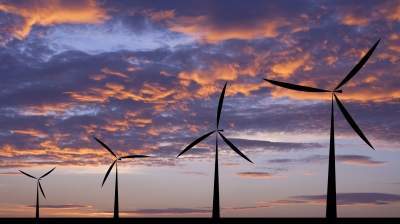
The Tanzanian government has issued an Environmental and Social Impact Assessment (ESIA) Certificate in this regard to the Australia-based wind energy developer’s local subsidiary Windlab Developments Tanzania.
The ESIA certificate, which is the first to be issued in Tanzania for a wind farm project, is the formal and comprehensive evaluation of the environmental and social impact of a project before its construction.
The Miombo Hewani wind farm, which will be built in phases, will come up 10km north of Makambako. It is expected to operate for more than 25 years and will produce enough electricity to meet the power consumption needs of close to a million average homes in Tanzania.
The first phase of Miombo Hewani will be of 100MW capacity and will see an investment of up to $300m, said Windlab. It will see installation of up to 34 wind turbines along with construction of electrical infrastructure to connect the wind farm to national power grid at the Makambako substations.
Windlab CEO Roger Price said: “In developing Miombo Hewani, Windlab has applied the industry best practices and experience it has gained from developing more than 50 wind energy projects across North America, Australia and Southern Africa.
“Miombo Hewani enjoys an excellent wind resource; not only amongst the best on the continent, but one of the best in the world. The wind resource pattern is biased towards night time generation and generation during the dry season in Tanzania, making it an ideal addition for Tanzania’s current and planned electricity generation mix.”
In February, Windlab won approval from the Queensland government for its A$200m ($152.7m) Lakeland Wind Farm in Far North Queensland. The 100MW wind farm being built on the Cape York Peninsula will be capable of producing enough power to cover more than 50,000 homes.






